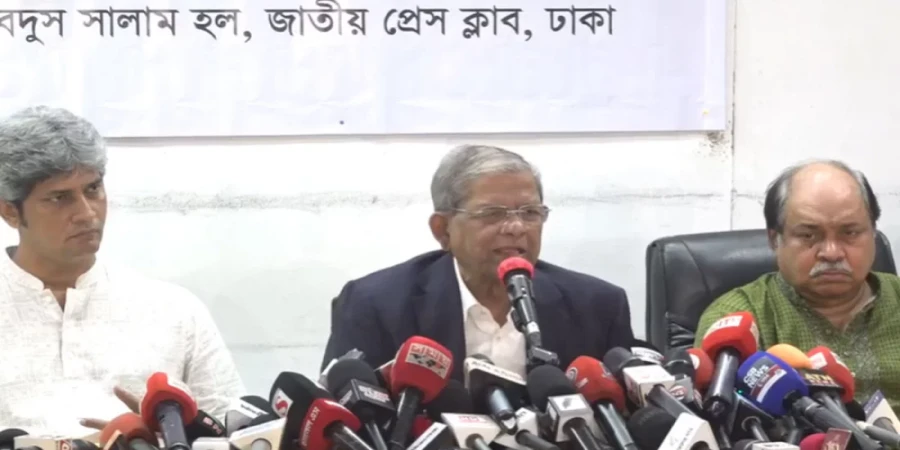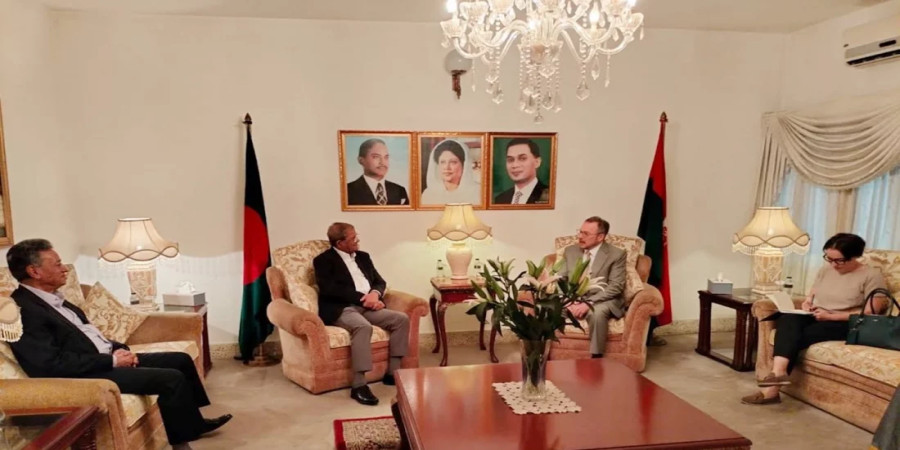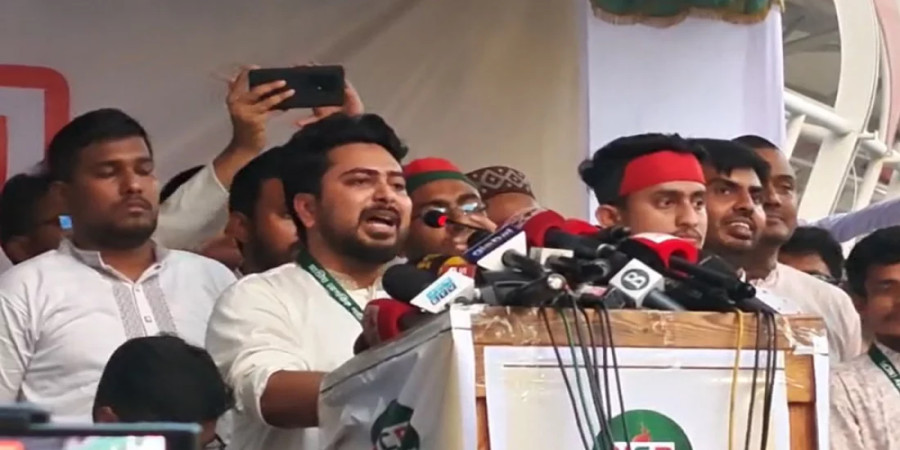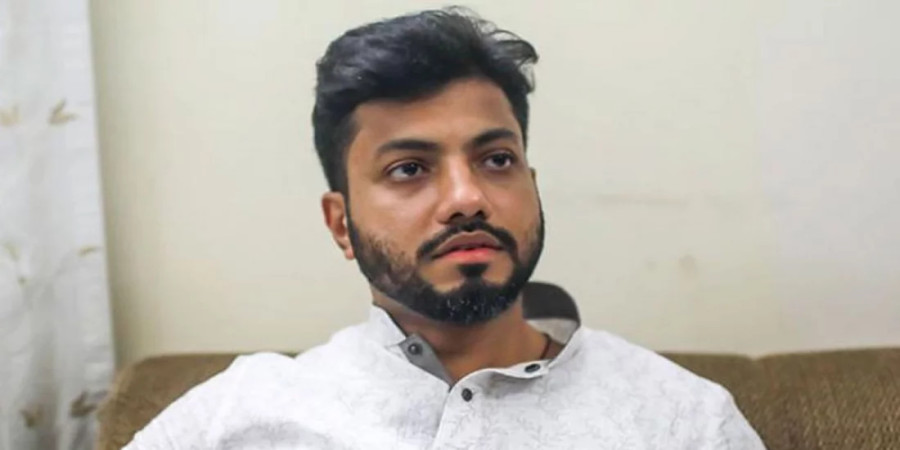
ছবি: Photo: Collected
BNP Secretary General Mirza Fakhrul Islam Alamgir has said that his party has never supported the imposition of others’ opinions in an unjust manner and will continue to fight for press freedom in Bangladesh. He emphasized that the BNP has always stood for the independence of the media—regardless of whether it is in power or not.
Speaking at a discussion event on Sunday, May 4, at the Abdus Salam Hall of the National Press Club, organized by the Editors’ Council on the occasion of World Press Freedom Day, Mirza Fakhrul reiterated the BNP’s stance on media freedom, saying, “We were, are, and always will be in support of the freedom of the press. Whether in government or opposition, that has been our consistent approach. We will continue to struggle for the rights of the media.”
Addressing the gathering, he stated that the issue of press freedom is not new in Bangladesh. Recalling his experiences from the 1960s, he said that those who worked for the independence of the country had long recognized the importance of a free press. “Back in the days of Pakistani rule, we raised our voices, protested, and took action against oppression. The press had its own character and identity at that time—it wasn’t easily aligned with any particular group. The journalists of that era were driven by patriotism, sincerity, and a deep sense of responsibility,” he said.
Referring to historical developments, Mirza Fakhrul claimed that the BNP was the first to restore press freedom in 1975, after it had been stifled under the one-party BAKSAL regime. “All newspapers had been shut down under that rule. When President Ziaur Rahman came to power, he reopened the newspapers and allowed freedom for the press,” he added.
He acknowledged that no political party is perfect but insisted that BNP had done more than most in promoting media freedom. “We don’t claim to be saints, but it is undeniable that we have done a lot to protect and promote press independence in this country.”
Mirza Fakhrul also spoke about the ongoing political landscape, describing it as a "transition period" in Bangladesh’s history. He said the country is currently facing a series of events and conflicts, which highlight the absence of true democracy. “If we really want to establish a democratic system, then we must build a democratic society and develop democratic thinking. The core crisis is that there is no real democracy,” he said.
He claimed that BNP has been engaged in a struggle for the restoration of democracy for the past fifteen years. Referring to the political momentum surrounding the July 24 student-led uprising, he stated, “That uprising has created an opportunity to remove the fascist regime and establish a democratic order.”
The discussion was presided over by Mahfuz Anam, President of the Editors’ Council and Editor of The Daily Star. The event was moderated by Dewan Hanif Mahmud, General Secretary of the Council and Editor of Bonik Barta. Several other prominent figures also took part in the discussion.
Among them were Nurul Kabir, Vice President of the Editors’ Council and Editor of New Age; Matiur Rahman Chowdhury, Treasurer of the Council and Editor of Manab Zamin; Hasan Hafiz, Editor of Kaler Kantho and President of the National Press Club; Mahmudur Rahman Manna, President of Nagorik Oikya; Zonayed Saki, Chief Coordinator of Gonosonghoti Andolon; Md. Nahid Islam, Convener of the National Citizen Party (NCP); and Shahed Muhammad Ali, Editor of Samakal.
Speakers at the event discussed the current challenges facing the media in Bangladesh and stressed the urgent need for safeguarding press freedom as a cornerstone of democratic governance.
repoter





